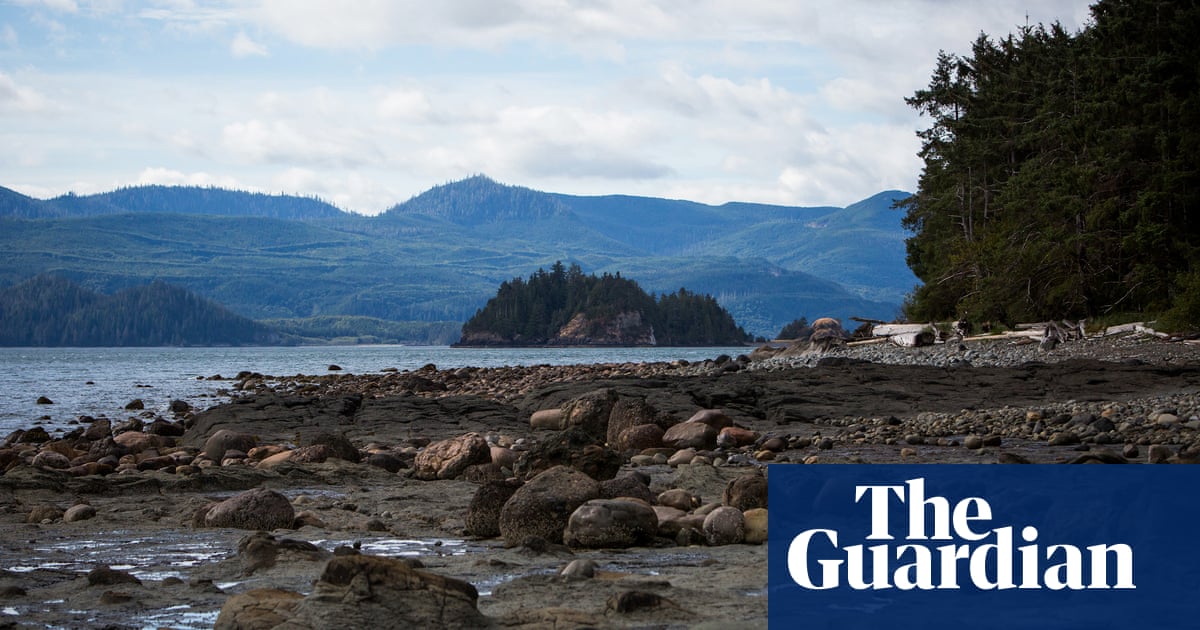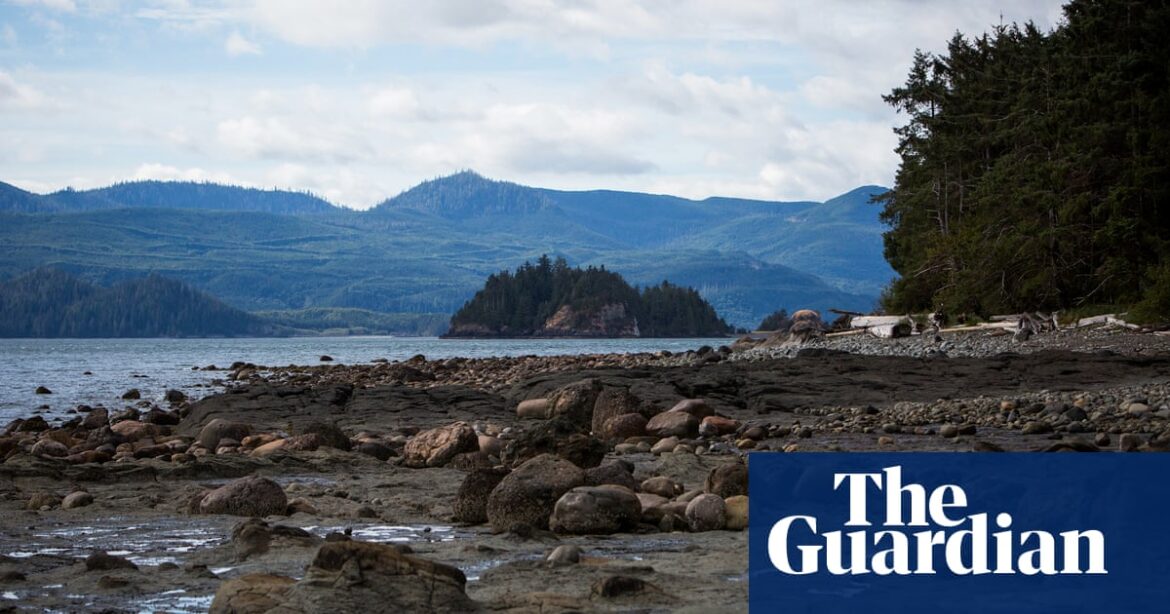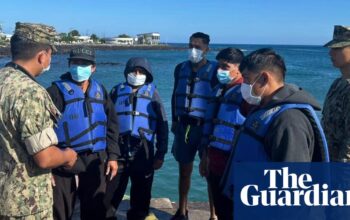
For centuries, the Haida people have known that the impenetrable forests and bountiful waters of Xhaaidlagha Gwaayaai – “the islands at the boundary of the world” – were both a life-giving force and their rightful home.
Now, after decades of negotiation, the province of British Columbia has come to the same conclusion: the title over more than 200 islands off Canada’s west coast should rightfully be held by the Haida Nation.
On Sunday, the premier, David Eby, attended a signing ceremony for the “long-overdue” transfer of aboriginal land title to the Haida Nation. The event, attended by key government ministers and members of the Council of the Haida Nation, comes days after the Haida announced more than 500 citizens had voted overwhelmingly in favour of approving the Gaayhllxid/Gíhlagalgang “Rising Tide” agreement.
The agreement is a “first-of-its-kind” deal negotiated between the government and the nation means the Haida no longer have to prove that their aboriginal title to land exists.
The agreement will not affect private property in the islands, nor will it change local government jurisdiction and bylaws on Haida Gwaii. But in transferring title to the Haida Nation, the province has signaled the mounting case law tilted against the government.
After legislation is passed, nearly half a million hectares of Crown land will be returned to the Haida Nation.
The decision to recognize Haida title, made outside the courts of the formal treaty process, reflects a vastly different way of negotiating that is typically fiercely contested and puts Indigenous groups on the hook for millions in legal fees as they spend generations fighting cases, even if they almost always win in the end.
“This agreement won’t only raise all boats here on Haida Gwaii – increase opportunity and prosperity for the Haida people and for the whole community and for the whole province – but it will also be an example and another way for nations – not just in British Columbia, but right across Canada – to have their title recognized,” said Eby.
News of the agreement came only days after Canada’s supreme court ruled the federal government had acted “dishonourably” when it reneged on a 145-year-old land promise to the Blood Tribe in Alberta – and days before the court is expected to rule on how billions in possible compensation for a broken treaty might be settled.
Public services including airports, ferry terminals, healthcare and schools will not be affected by the agreement. And the Haida are still in court, fighting the federal government over claims to air space and parts of the Hecate Strait, a key shipping route.
The Haida have long been at the forefront of the battle for recognition of their inherent rights to the 200 islands off the north-west coast of British Columbia.
Throughout the early 20th century, the provincial and federal governments treated the lands as a colony to be plundered. The mountains were mined for copper and trawlers harvested the oceans for the largest fish. At the same time, the Haida suffered the widespread pillaging of ancient village sites under the guise of archaeological preservation. In the 1980s, the Haida mounted large protests to halt what they saw as the widespread destruction of their homelands.
Three decades ago, the Haida Nation and Canada’s federal government came together to sign the Gwaii Haanas agreement – a globally recognised template for cooperatively managing a contested territory and for restoring to Indigenous nations the ability to guide key conservation decisions.
Nearly half of the land base of Haida Gwaii is within a protected area, with many of the protections announced in the years since the 1993 agreement.
“We know the lands and waters better than anyone else. When it comes to protections, British Columbia won’t do it, and neither will Canada,” the forester Tyler Bellis told the Guardian earlier this year amid rumours an agreement with the province was close. “We have to be the ones that protect our islands.”
Source: theguardian.com



